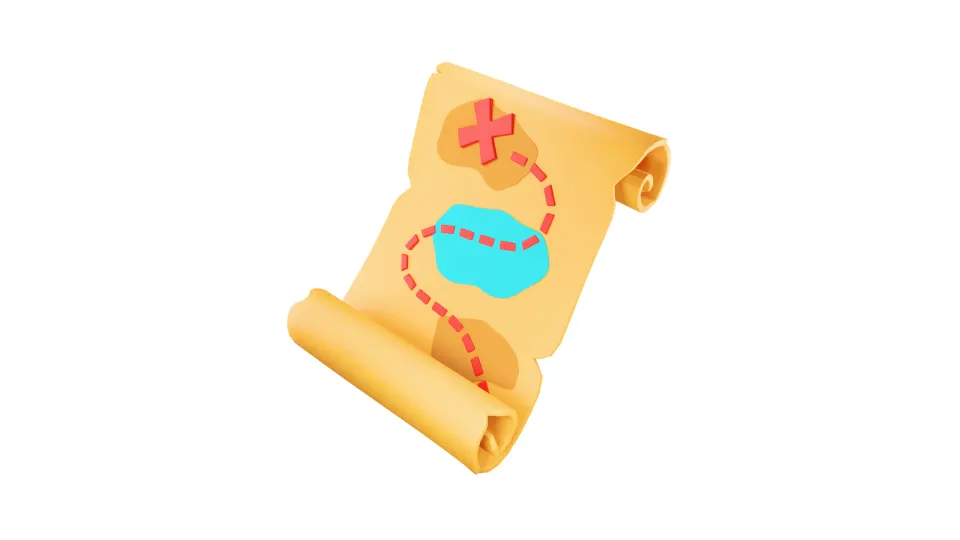Why Picking the Right Website Type Matters
Not all websites serve the same purpose. A photographer won’t need the same features as a shop owner, and a nonprofit has different needs compared to a gaming community. When you’re about to create a website for your business, the first step is matching your goals with the type of site that suits them best.

Business Websites
The most common format, a business website acts as your digital storefront. It gives potential customers the basics: who you are, what you do, and how to contact you. If you’re searching for “create a website for a small business,” this is usually what you need.
- Core pages: Home, About, Services/Products, Contact
- Extras: Testimonials, FAQs, Blog
- Best for: Service providers, local businesses, consultants
- Pro tip: Keep your services page clear and use calls-to-action like “Book a Call” or “Get a Quote.”
Ecommerce Websites
If your main goal is selling online, you’ll want an e-commerce website. Platforms like Shopify, WooCommerce (WordPress), or Wix make it easier to create a website to sell products. E-commerce sites typically include:
- Product catalog with images and descriptions
- Shopping cart and checkout
- Payment gateway integration
- Customer accounts for repeat buyers
Consider: Shipping integrations, tax handling, and inventory management
Membership and Community Websites
Do you want to build a loyal group of paying members? A membership website lets you offer exclusive content, courses, or perks to subscribers. Communities, forums, and even online academies often use this model to generate recurring income.
- Core features: User logins, protected content, subscription billing
- Best for: Online coaches, educators, fitness trainers, and exclusive communities
- Platforms: WordPress with membership plugins, Kajabi, Mighty Networks
- Pro tip: Start simple with one or two membership tiers—scaling later is easier than starting complicated.
Portfolio Websites
Freelancers, designers, and artists often need a simple but elegant portfolio site. If you want to create a website for photography or design work, this type is all about visuals. It usually has minimal text, letting the work speak for itself, with galleries and project showcases.
- Core features: Image galleries, case studies, project highlights
- Best for: Photographers, artists, architects, freelancers
- Pro tip: Compress images so they load quickly without losing quality—Google favors fast sites.
Blogs and Content Websites
Blogs remain one of the most effective ways to attract visitors through content. If you want to create a website blog, it’s ideal for sharing updates, news, tutorials, or storytelling. Blogs also boost SEO because they keep your site updated with fresh content.
- Core features: Article templates, categories, search function, comments
- Best for: Writers, educators, thought leaders, lifestyle brands
- Pro tip: Consistency matters more than volume. Even one strong, optimized post per month can make a difference.
Nonprofit and Community Organization Websites
When your mission is to raise awareness or collect donations, the site’s design should focus on clarity and trust. To create a website for a nonprofit organization or a church, typical features include:
- Core features: Donation tools, event calendars, volunteer sign-ups
- Best for: Charities, NGOs, churches, local associations
- Pro tip: Keep the donation process simple and secure—every extra click risks losing support.
Entertainment and Special Interest Websites
From gaming communities to music bands or quiz platforms, special interest sites focus on fun and interaction. If you want to create a gaming website, a music site, or even a quiz hub, your site will need interactive features like playlists, chat rooms, or scoreboards.
- Core features: Playlists, forums, leaderboards, quiz tools
- Best for: Bands, gaming communities, hobby clubs, influencers
- Pro tip: Encourage user-generated content—fans often want to participate, not just consume.
One-Page Websites
For campaigns or ultra-simple needs, a one-page site can do the job. “Create a 1-page website” is popular for event pages, product launches, or personal portfolios. The key is keeping the design scroll-friendly with clear sections.
- Core features: Hero banner, about, services, testimonials, contact form—all on one page
- Best for: Freelancers, single-product businesses, event campaigns
- Pro tip: Anchor links (“jump to section” navigation) make one-page sites much easier to use.
Comparing Website Types at a Glance
| Type | Main Purpose | Best For | Growth Potential |
|---|---|---|---|
| Business site | Promote services/products | Small/local businesses | High—add blog, SEO, ecommerce later |
| Ecommerce | Sell products online | Retailers, startups | High—scale with inventory + marketing |
| Membership | Recurring access, courses | Coaches, communities | High—subscriptions grow revenue |
| Portfolio | Showcase work visually | Artists, freelancers | Medium—add blog or store |
| Blog | Publish content regularly | Writers, brands | High—ad + affiliate income possible |
| Nonprofit | Raise awareness/funds | Charities, churches | Medium—depends on outreach |
| Entertainment | Engage audiences | Gamers, musicians | Medium to high—community-driven |
| One-page | Simple, campaign-specific | Events, freelancers | Low—meant to stay small |
How to Decide Which One You Need
Choosing the right type of website depends on:
- Your main goal – sell, inform, connect, or showcase?
- Your audience – what do they expect when they land on your site?
- Your resources – time, budget, and technical skills available
Conclusion: Match the Site to Your Goals
Whether you want to create a business website, launch an e-commerce store, or start a blog, choosing the right type of site is the key to success. Each format has strengths and challenges, and the smartest move is picking the one that matches your goals. When your needs grow, you can always expand or redesign with professional support.
Thinking of starting your own site? Get in touch with our team—we’ll help you pick the right type and build a website that grows with your business.



